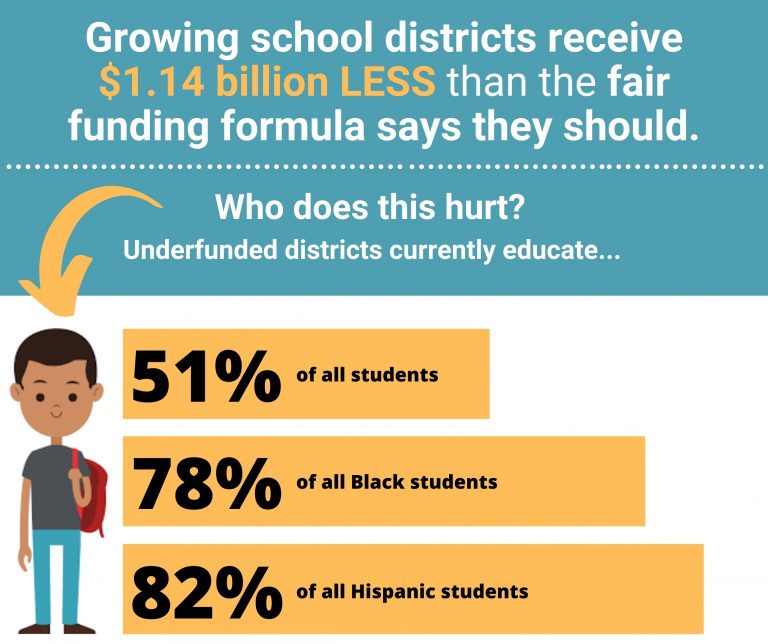Fair Funding Trial Seeks To Reallocate Money To Public Schools
A long-awaited trial seeking to reallocate public school funding just concluded in Harrisburg with closing statements.

Public school funding in Pennsylvania has been a heated topic this school year. The state allocates public school funding on the basis of fair funding- a law over 150 years old in the Keystone state that requires the state to provide a thorough and efficient system of education. However, a lawsuit is claiming that the state legislature’s school funding system violates Pennsylvania’s constitution. The trial concluded last week with witness testimony as the group looks to reallocate money throughout the states’ public schools.
The Fair Funding trial commenced last November with a claim that the Fair Funding Formula, which was passed in 2016, made schools districts’ jobs of forecasting their budgets very difficult. Therefore, the formula was thought to be broken as disproportionately allocating funds among the commonwealths 500 school districts. The suit was originally filed in 2014 by six school districts, two state-wide organizations, and families seeking a long-term solution to the public school funding system problem.

In 2015, the Basic Education Funding Commission (BEFC), recommended the newly enacted fair funding formula based upon the tenets of accountability, transparency, predictability, and equity. Instead of allocating a specific dollar amount to each school district, the formula was to determine each district’s fair share of the amount of public school funding. The fair funding trial claims this formula is flawed and only hurts the state’s education system further.
According to the groups seeking the lawsuit, the fair funding formula deprives students in less affluent communities from attaining the same quality of education available to those in wealthier districts. As closing arguments were heard last Thursday, plaintiffs and legislative leaders offered viewpoints from both sides of the argument regarding whether the bar set in previous education legislation was being met. With over 14 thousand pages of petitioner testimony, arguments claiming the General Assembly had failed their constitutional responsibilities had failed public school funding as well.
“When schools are adequately funded, schools would be adequately staffed with skilled educators. High-quality early education would help ensure that students do not start kindergarten far behind,” said Deborah Gordon Klehr, the executive director of the Education Law Center of PA. Dr. Amy Arcurio, the superintendent of the Greater Johnstown School district was another supporter of the public school funding trial. She said, “All students across the Commonwealth deserve to be career and college ready when they exit our doors at graduation,” “It shouldn’t be dependent on student zip code or the communities from which they come.”

Thomas DeCesar, a lawyer for Senate President Pro Tempore Jake Corman believes the Fair Funding Trial is claimless. “There is a system in place to address that issue: the elections that are held in Pennsylvania every two years,” said DeCesar. Similarly, DeCesar said the public school funding plaintiff fails to prove that standards in public school funding are not being met. He also argued that the school districts involved in the trial were representative of Pennsylvania as a whole. He even said the trial was misleading a “dystopian” picture of the school system.
According to the information posted to Fund Our Schools PA, low wealth Pennsylvania school districts have $4800 less to spend per pupil on students than wealthy districts. This gap, allegedly one of the widest in the country, depends on the state’s reallocation of public school funds. With only 38% of funding coming from the state level, Pennsylvania school districts rely on local property taxes as a large means to fund schools. Taxpayers in lower-wealth districts tend to pay the most in taxes to make up for this disparity. As the long-awaited Fair Funding trial comes to an end, it’s likely a ruling won’t come for months, and appeals in the case are expected.



